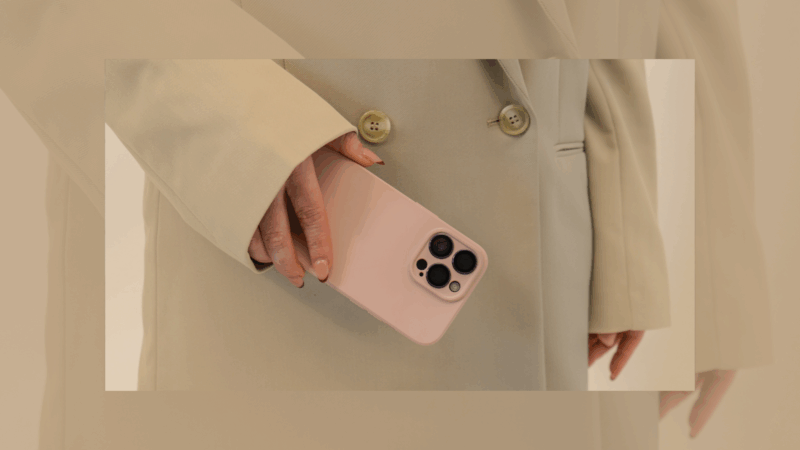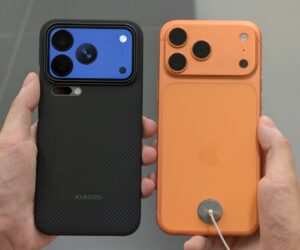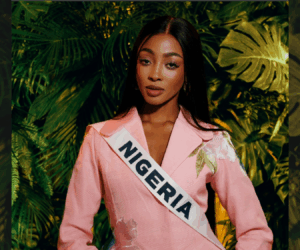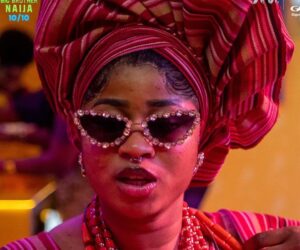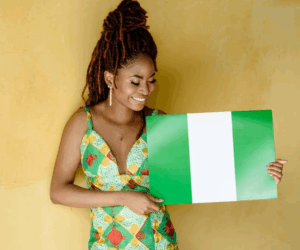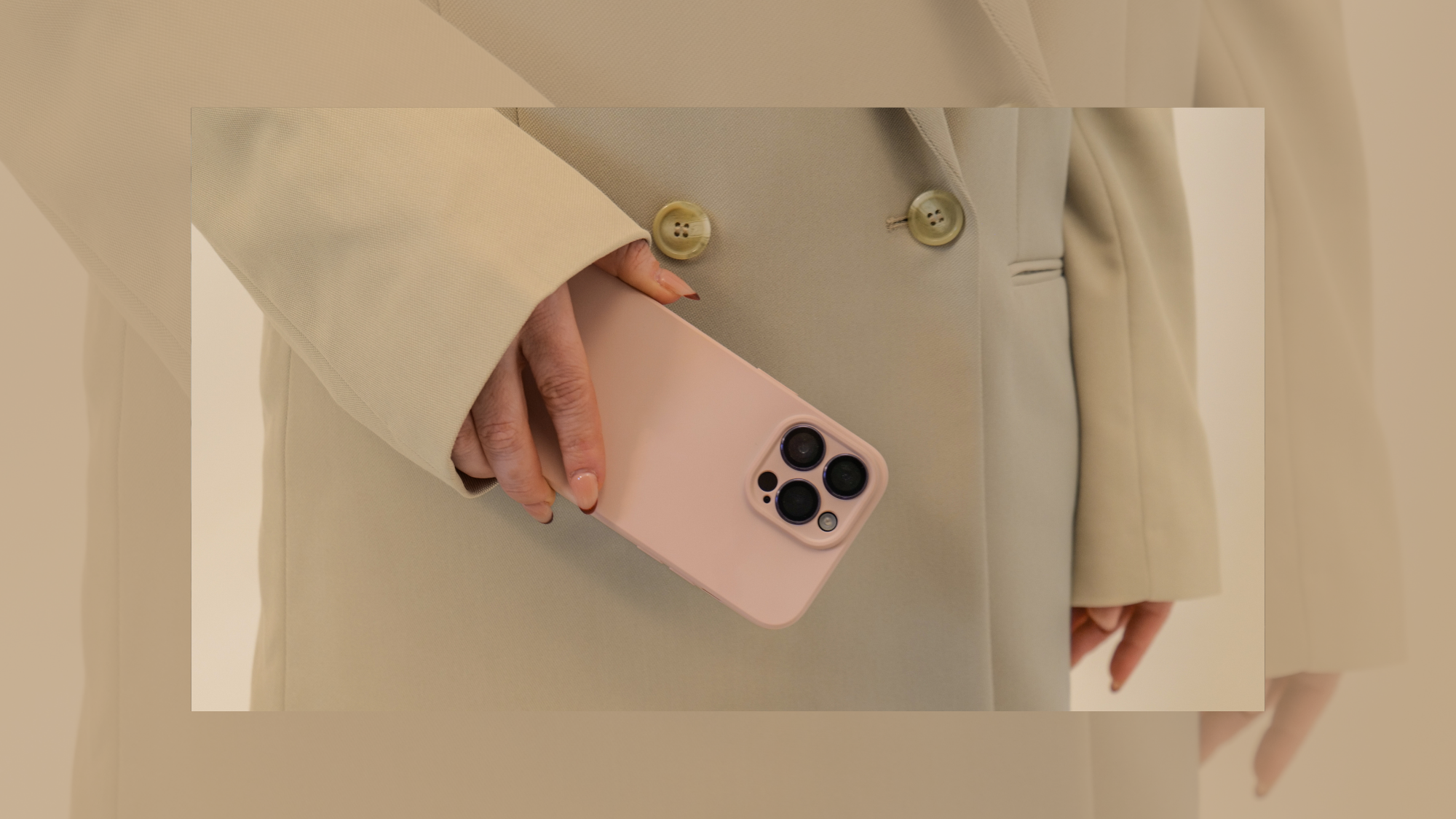
In Nigeria, your phone is not just a gadget. It is part of your identity. It sits on tables at restaurants, pops up in mirror selfies, and makes subtle statements before you even say a word. From iPhones to Tecno, Samsung to Xiaomi, every phone brand in Nigeria carries a certain social weight, and sometimes, that tiny logo on your screen says more about your personality than your outfit.
In a society where appearance and perception often shape how people are treated, your phone has become a quiet way of signalling status, lifestyle, and ambition. But what exactly do these phone brands say about Nigerians who use them?
The Psychology Behind Phone Brands in Nigeria
There’s a reason people notice your phone before your shoes. In Nigerian phone culture, gadgets double as social currency. They symbolise, affluence, progress, taste, and sometimes, survival. For many, a phone is not simply about communication or entertainment; it’s about identity.
Nigerians often attach deeper meaning to their phones, from how much they spent on them to what people might assume when they see them in public. An iPhone user is rarely seen the same way as someone with a Tecno, and a Samsung Fold can earn silent respect in public.
Phone brands in Nigeria have become shorthand for class, confidence, and even aspiration. And just like every other social ladder in the country, there are levels to it.
iPhone Users: The Luxury Loyalists (But With Levels)
In Nigeria, owning an iPhone is not just about using an Apple product; it is about belonging to a cultural club. The iPhone is seen as a symbol of status and style. iPhone users in Nigeria are often viewed as ‘rich’ and people who appreciate quality and elegance.
Yet, inside the iPhone circle, there’s still a clear hierarchy. The model you use matters a lot. An iPhone XR or iPhone 11 user might be admired, but the person holding an iPhone 15 Pro Max gets a different level of attention. Nigerians can often tell your “status level” by simply counting your cameras.
One lens says you appreciate Apple. Two lenses show you’re doing well. Three large cameras? That’s elite territory. In many social circles, those three lenses are as recognisable as designer logos.
This obsession with the “latest” is part of what keeps Apple products desirable in Nigeria.
The recent Blord iPhone 17 saga perfectly captured how deep this status culture runs. The case exposed a larger issue in Nigerian phone culture: the hunger to look like you’re using the latest iPhone, even if you’re not.
In a country where social media flexes often define credibility, the urge to “upgrade” has become both cultural and psychological.
Still, not every iPhone user is showing off. Some genuinely prefer Apple’s smooth ecosystem, the simple interface, AirDrop, and strong privacy. But it’s impossible to ignore that in Nigeria, the iPhone is both a communication device and a social badge.
RELATED: Why Nigerians Treat iPhones Like a Status Symbol (and What the BLord Saga Exposed
Samsung Users: The Quiet Sophisticates
If iPhone users are loud about luxury, Samsung users in Nigeria tend to represent subtle sophistication. They’re often seen as professionals, creatives, or practical users who prefer function over fashion. Owning a Samsung says, “I care about quality, but I don’t need an iPhone to prove it.”
Yet, like every other brand, Samsung has its internal social tiers.
-
Galaxy A-series users are the realists, sensible people who value reliability.
-
Galaxy S-series users occupy a more premium space; these are the achievers who appreciate refined design and power.
-
Fold and Flip users sit right at the top. In Nigeria, if you pull out a Samsung Fold at a meeting, people assume you’re doing something right with your life.
Samsung’s image in Nigeria blends professionalism with quiet affluence. It’s the choice of those who love performance but aren’t chasing validation. You could say Samsung users are the “I don’t need to post it to prove it” crowd.
Tecno, Infinix, and Itel Users: The Realists and Hustlers
These brands have shaped Nigerian phone culture more than any other. Walk through any market, university, or office, and you’ll find Tecno, Infinix, and Itel everywhere. They are affordable, reliable, and built with the Nigerian reality in mind; long battery life, dual SIMs, and durability.
You could call them the silent majority, the everyday Nigerians keeping the phone market alive. Because these brands are considered ‘cheap’, the users earn little or no respect in the phone class.
A 2024 study by Kizito Alakwe highlighted how influencer marketing and social media trends have helped shift public perception of these brands. The study found that when local celebrities promote budget-friendly smartphones, Nigerians view them as “savvy choices” instead of “cheap alternatives.”
They might not always get the same respect as iPhone or Samsung users, but they often get the last laugh when everyone else is looking for a charger.
Google Pixel and Xiaomi Users: The Niche Insiders
This group might not be large in Nigeria, but they’re distinct. Google Pixel and Xiaomi users are seen as the tech-savvy crowd, people who read reviews, compare specs, and prefer value over noise.
A Google Pixel user is often a developer, photographer, or minimalist who prefers clean software and powerful cameras. A Xiaomi or Redmi user? That’s usually the “smart buyer” who knows how to get flagship features without paying iPhone prices.
These brands are building small but loyal communities in Nigeria, showing that not everyone needs a mainstream phone to make a statement. Some Nigerians now believe owning a Pixel or Redmi is its own kind of flex, a sign that you know what you’re doing.

